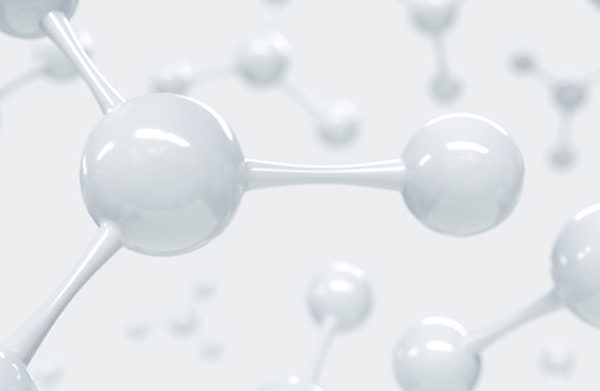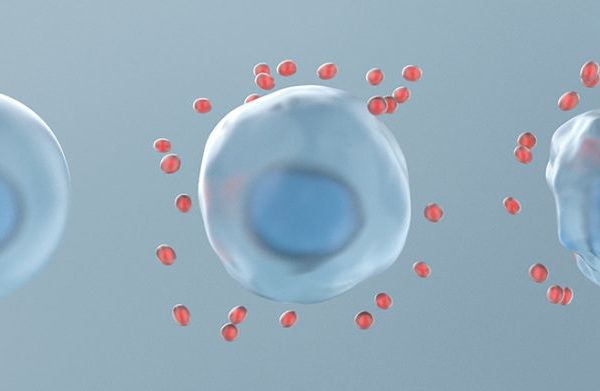
SHA Magazine Health & Beauty
Are bioidentical hormones safe?
Bioidentical hormones have changed the paradigm of hormone replacement therapy, which several years ago was at the centre of controversy because of its association with several cases of breast cancer, as demonstrated in a well-known clinical trial. “That study was poorly designed and the hormone replacement therapy used equine oestrogens that were administered orally. In addition, many of the participating women were obese, had cholesterol problems and an increased risk of developing certain tumours.” explains Dr Rafael Navas, an expert in sexual and hormonal health at SHA Wellness Clinic.
The specialist points out that “when these hormones are administered orally, they go to the liver and generate secondary metabolites that are often proliferative, which is why care must be taken with the breast and the endometrium”.
The hormone replacement therapy currently used is done with bioidentical hormones that are synthesised from plants and vegetables. “The formulation is analogous to human hormones, it is no longer equine oestrogen. Moreover, it avoids the hepatic passage because it is not administered orally but subcutaneously through creams and pellets”, explains Dr Navas.
The increased safety of bioidentical hormones is explained by their chemical structure, which is identical to natural hormones in the human body. This could minimise side effects and the possibility of adverse reactions compared to synthetic hormones.
Its safety also lies in the extreme personalisation of the therapy to meet the individual needs of each patient. It is essential that these hormones are administered under the supervision of a medical professional who can adjust doses according to the individual’s specific responses and needs.
Another important factor is that bioidentical hormones can be administered in various forms, including creams, gels, patches, pills and more. The choice of route of administration may influence the safety and efficacy of therapy. For example, some methods may provide a more gradual and stable absorption of hormones, reducing the possibility of hormonal peaks and troughs.
Bioidentical hormone therapy requires continuous monitoring. Hormone levels should be assessed regularly to adjust doses as necessary and to ensure that they remain within safe ranges.
Dr Navas explains that hormones play a very important role in balancing the body, the nervous system, the mind, the skin, cardiometabolic health and also sexual function. “From the age of 35 or 40, all hormones start to decline in men and women, how is this seen? We are more on edge, our hair and skin is more fragile, cholesterol starts to rise, fat starts to accumulate where it did not before, men’s libido drops, women’s vaginal dryness and sexual desire decreases.”.
However, the doctor insists that hormonal health has to be linked to the patient‘s general condition. “At SHA we look at balancing the body on an orthomolecular level, taking into account digestive health, immune health and low grade inflammation parameters, and when all of that is balanced then it is supplemented with hormones”. He says this because bioidentical hormone pellets are becoming known as ‘the sex chip’, and points out that the benefits of having balanced hormones go beyond one’s sex life.
“Hormonal health needs to be approached holistically, and that means balancing the body according to its underlying condition and lifestyle. We try to reduce inflammation and anti-oxidise with Omega 3, vitamin C and Resveratrol, we try to make combinations to balance the body and order it on an orthomolecular level, and, only after that, we apply the hormonal treatment with pellets or creams”, she says.
“Today’s medicine has shifted paradigms to optimise health at the hormonal, digestive, cardiometabolic, immune and stress management levels to prevent disease and age well. I prefer to talk about well-ageing rather than anti-ageing”, concludes Dr Navas.





